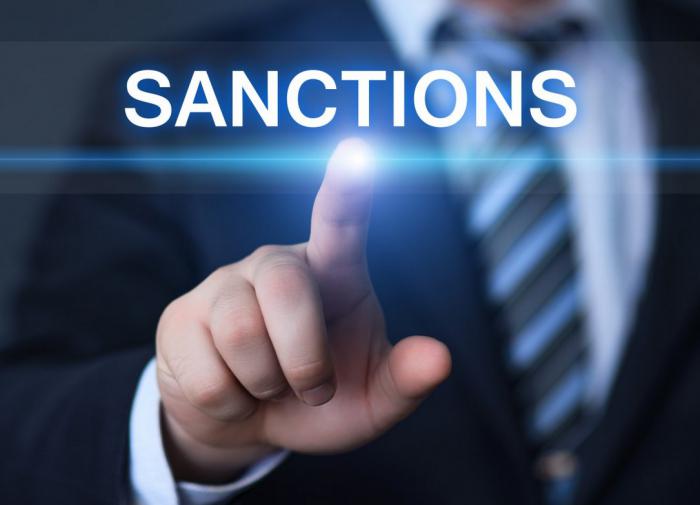Germany announced on September 2 that Aleksei Navalny had been poisoned with a substance from the group of Novichok nerve agents. The German authorities predictably demanded Russia should explain what had happened.

So far, however, Berlin has not resorted to the rhetoric of the British ex-Prime Minister Theresa May, who, a few days after the poisoning of Sergei Skripal and his daughter Yulia, announced the "highly likely" involvement of Russian government agencies in the Salisbury incident.
The expression "highly likely" has become a winged phrase, and this phrase was enough to impose sanctions on Russia. They talk about sanctions again, but German officials do not use their own version of May's "highly likely", which sounds as "sehr wahrscheinlich" in German. Apparently, this is a matter of time.
It is worth noting that almost immediately after the German government announced about the substance, with which Navalny was poisoned, a lot of speculation appeared about what sanctions could be imposed on Russia.
The West again claims that Russia violated its international obligations, particularly the chemical weapons convention. The story happened on the territory of the Russian Federation, but this does not matter in this case.
Nord Stream 2 is under attack again
As soon as they talk about sanctions, they talk about the Nord Stream 2 gas pipeline. The construction of the gas pipeline is an apple of discord in the relations between Germany and the United States. In Germany, many are opposed to the completion of the gas pipeline, the Greens, for example.
Chairman of the Munich Security Conference, Wolfgang Ischinger, said that it would not be enough to expel diplomats. "If we want to send a clear signal to Moscow with our partners, economic relations should be on the agenda, which means that the Nord Stream 2 project should not be left without attention," Ischinger said.
According to him, it should be something between "diplomatic gestures and total boycott."
Another possible area of sanctions can be found in the financial area. Not that long ago, the West wanted to disconnect Russia from the SWIFT international payment system, and now they talk about it again.
Anatoly Aksakov, the head of the State Duma Committee on the Financial Market, doubts that this will happen.
"I do not think they will disconnect Russia from SWIFT, because then it will be immediately clear that this is a politically motivated far-fetched decision. Most importantly, it will not bring any good either to Europe or to the USA. The countries, with which Russia has a fairly large trade turnover, use the SWIFT system for their transactions. This decision will affect Russian partners as well," Aksakov told Interfax.
It should be noted, however, that the West wants to disconnect Russia from SWIFT during every crisis between Russia and the West. One shall assume that the West may eventually try to do it and see what happens.
No comments :
Post a Comment